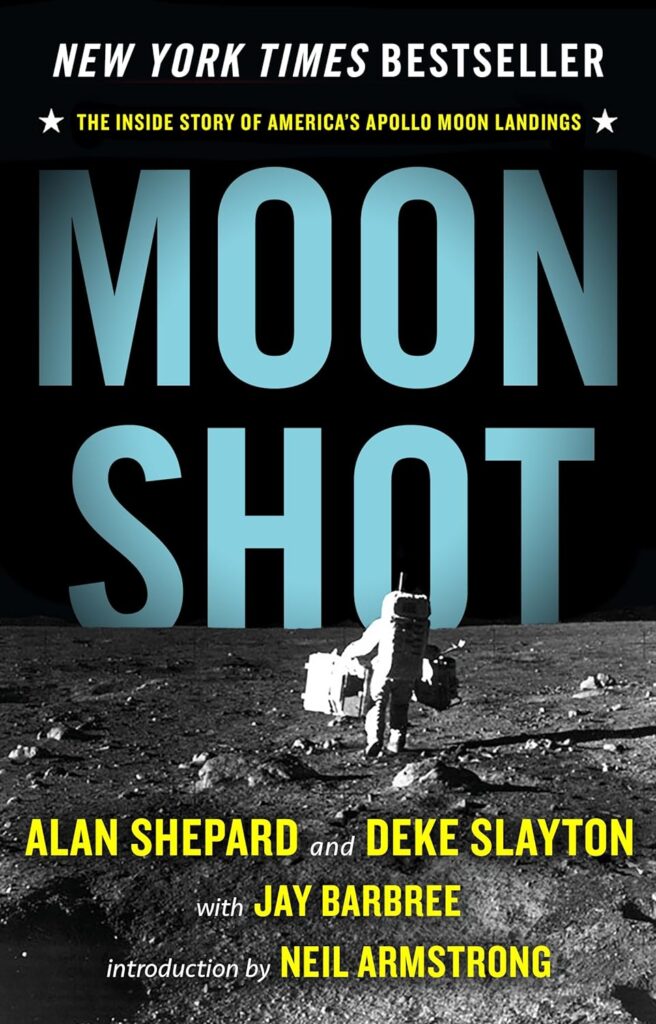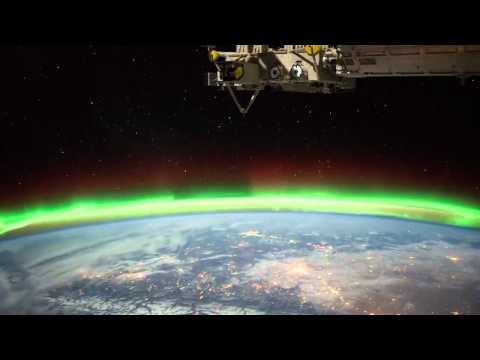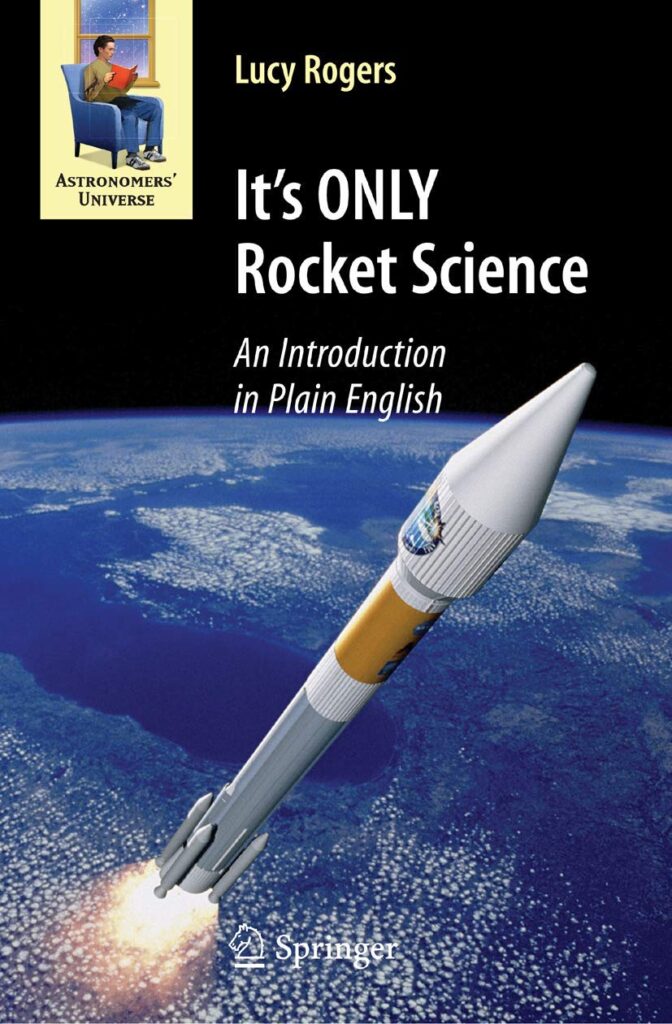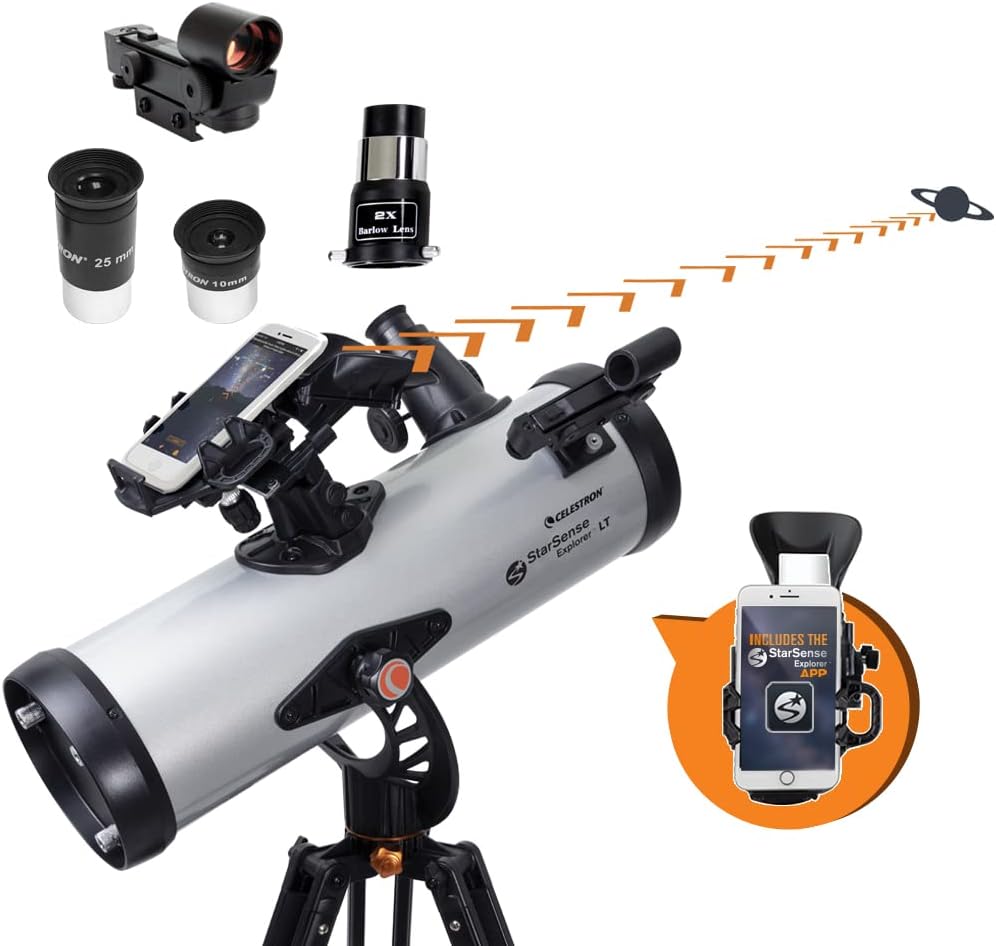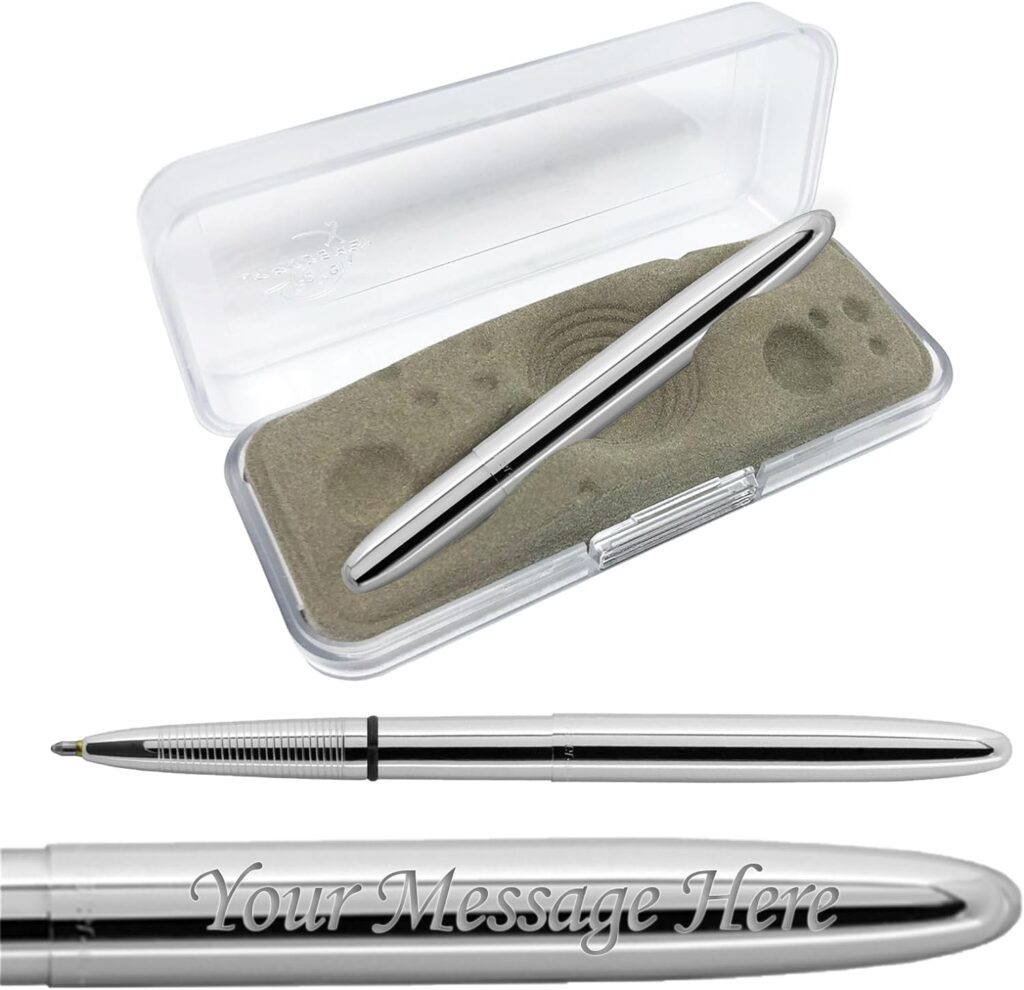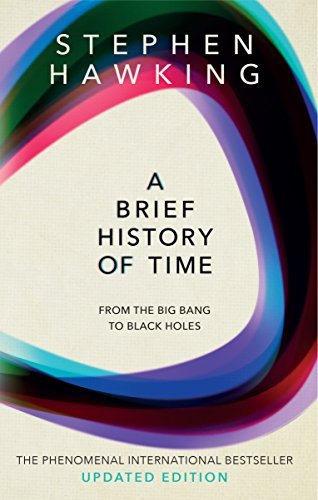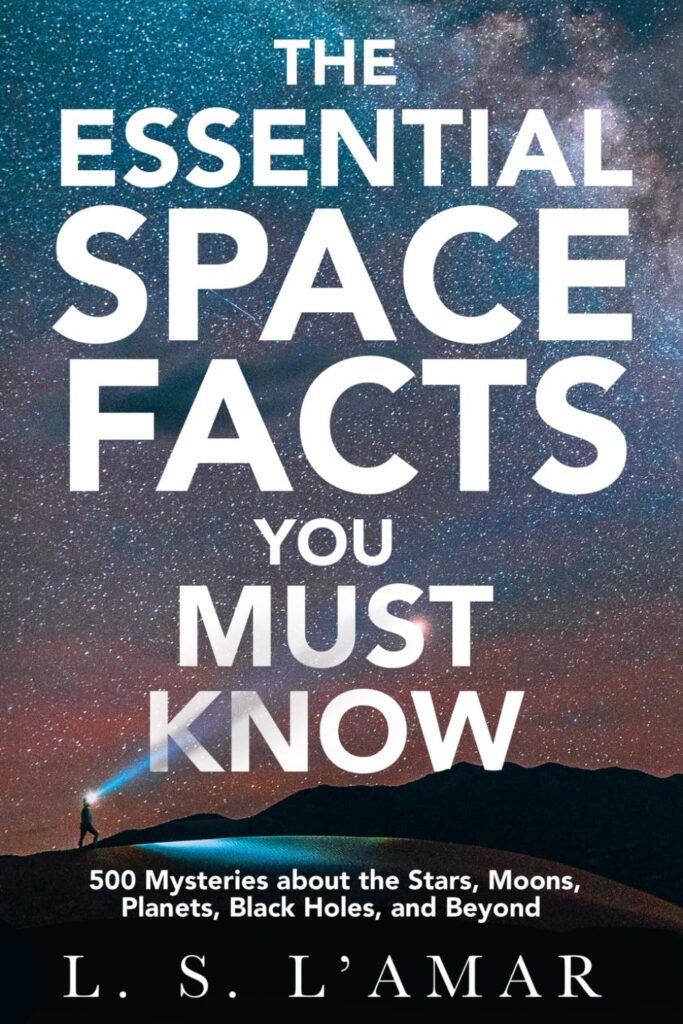Careers in the Space Industry
Careers in the space industry – A new century has begun! As a student, you will be spending your life in the 21st century. Your future may offer many unpredictable opportunities.
It will be a time of space stations and robotic probes. Manned missions to other planets and moon outposts are future possibilities. All this – and more scientific accomplishments that have not even been dreamed of – will happen because Americans want to live and work in space.
The world will continue to need aerospace scientists, engineers, technologists and technicians to be ready for the 21st century.
If you think you would be interested in a career in the space industry, check the questions below:
- Do you enjoy math and science?
- Do you have a curious mind?
- Are you interested in knowing what makes things work?
- Do you like solving puzzles?
- Do you like to make things?
- Do you enjoy learning?
- Do you enjoy working with computers?
- Do you like to build things?
- Are you prepared to study hard and do homework?
- Do you achieve good grades?
If you answered yes to most of the questions, you might want to consider a career in aerospace technology.
Education is a critical requirement. Mathematics and science are the basis for an aerospace technology career. Decisions you make in school can affect your career possibilities. Some of the recommended high school courses are listed below.
- Algebra
- Biology
- Calculus
- Chemistry
- Computer Mathematics
- English
- Geometry
- Math Analysis
- Physics
- Trigonometry
If you work hard and get good grades in those suggested high school courses, you will be able to go to college to get a degree that will get you into the space industry. Below are some kinds of aerospace careers.
- Pilots or Crew Members of a Spacecrafts
- Pilot Astronautics
- Mission Specialist
- Payload Specialist
- Physical Scientists
- Astronomers
- Chemist
- Geologist
- Meteorologist
- Oceanographer
- Physicist
- Life Scientists
- Biologist
- Medical Doctor
- Nutritionist
- Physiologist
- Psychologist
- Social Scientists
- Economist
- Sociologist
- Mathematicians
- Computer Scientists
- Mathematician
- Statistician
- Systems Analyst
- Other Fields
- Quality Control Inspector
- Ground Radio Operator
- Teletypist
- Engineers
- Aerospace / Astronautics
- Biomedical
- Chemical
- Civil
- Computer
- Electrical
- Environmental
- Industrial
- Materials
- Mechanical
- Nuclear
- Petroleum
- Plastics
- Safety
- Systems
- Technicians
- Aerospace Model
- Aircraft
- Avionics
- Electrical / Electronics
- Engineering
- Fabrication
- Materials
- Pattern Maker & Molder
- Engineering Designers
- Architectural
- Electrical
- Mechanical
- Technical Communicators
- Artist
- Audiovisual Specialist
- Editor
- Education Specialist
- Photographer
- Public Relations
- Writer
All of the degrees listed above fall into one (sometimes more) of three categories of career. Those categories are engineers, technicians or scientists. You may not know what any of those are or what their work is like.
Engineers are people who make things work. The work and ideas of engineers make things possible. They put power and materials to work.
Engineers have moved America into skyscrapers, high speed cars, jets and space vehicles. They make life interesting, comfortable and fun! Computers, television and satellites – products of the communication industry – depend on engineers. Engineers will take us further into the 21st century.
Technicians are an important part of the aerospace team too. They work closely with scientists and engineers in support of their research. Their skills are used to operate wind tunnels, work in laboratories, construct test equipment, build models and support many types of research.
Scientists are knowledge seekers. They are always searching out why things happen. They are curious. This means they are always questioning. They possess a sense of wonder. Nature, Earth and all the Universe are what fascinate the scientist. The scientist questions, seeks answers and expands knowledge.
You can find out more about aerospace jobs by contacting people working in the aerospace field. Your teacher or guidance counsellor should be able to arrange this for you. Visit your school and public libraries.
You can find names of professional organizations you can contact for more information. Contact the NASA personnel office closest to you if you would like additional information. You can also visit any of the following web sites for more information as well. – Careers in the space industry.
- https://www.usajobs.gov
- http://nasajobs.nasa.gov
- http://www.nasa.gov
- http:..nasa.gov/about/sites/index.html
- http://www.nasa.gov/aero
- http://www.nasa.gov/exploration
- http://www.nasa.gov/earth
- http://science.nasa.gov/earth-science/
- http://www.nasa.gov/directorates/somd/home/
- http://science.nasa.gov/

